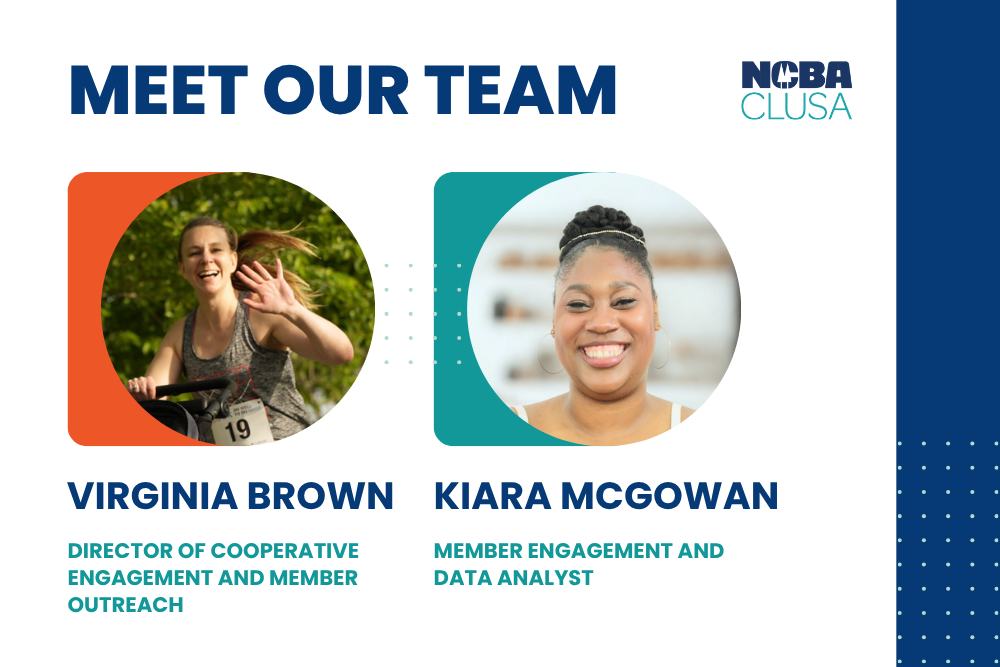America’s returning veterans are facing the lowest veteran unemployment rate in years—a rare bright spot amid ongoing challenges such as PTSD, opioid addiction and homelessness. One of the organizations working to match veterans with meaningful careers is the National Rural Electric Cooperative Association (NRECA)’s Serve our Co-ops; Serve our Country initiative, celebrating it’s first anniversary in 2017. NRECA’s press release follows:
For Charlie Dunn, a veteran of Operation Desert Storm and the Iraq War, finding the community of America’s electric cooperatives was just what he needed when he left active duty as an Army sergeant.
He joined a right-of-way crew at Mountain Electric Cooperative in Mountain City, Tennessee, after returning from the Gulf War in 1991. Dunn said he then “took about every job you can have at a co-op” before coming to Farmers Electric Cooperative in Greenfield, Iowa, as general manager in 2014.
“I felt right at home when I came off active duty and into the co-op community,” Dunn said. “Co-ops are very mission-oriented. Co-ops have a strong work ethic and want to get the job done and done right.”
Now Dunn wants to help others through Serve our Co-ops; Serve our Country, the NRECA co-op veteran hiring initiative, which is celebrates its first anniversary on January 11. As a member of the program’s advisory committee, Dunn said his goal for 2017 is to encourage greater support from co-ops, their CEOs, general managers and human resources departments.
“We want to step up recruitment efforts for vets and their spouses, and we want this to be the tool to find qualified employees,” Dunn said.
Fifty-four electric cooperatives have joined Serve our Co-ops; Serve our Country since its launch in January 2016. Those co-ops have added at least 25 veterans and military spouses to the 300 veterans already on their employment rolls, said Michelle Rostom, NRECA director of member workforce effectiveness.
“Co-ops have always had strong ties to the military,” Rostom said. “Serve our Co-ops; Serve our Country builds on these ties and was designed to create a collaborative movement and give America’s electric cooperatives a national voice for our collective support and commitment to veterans, members of the Guard and Reserve and their families.
“Our goal is to tell the cooperative story and help those that have served our country have the opportunity to come home to great jobs with benefits.”
Last year, Dunn hired Trey Eddy, a member of the Iowa National Guard since 2012, as an apprentice lineman and found that “his military training has suited him perfectly for a position with a cooperative.”
The co-op environment is not too unlike that of a guardsman, Eddy noted. His basic and advanced military training helps him deal with job stresses, get tasks done in a timely and efficient manner and even pushes him to work harder, he said.
“The camaraderie is pretty similar,” Eddy added. “We draw from each other as linemen and we get to know each other’s strengths and weaknesses and grow together as a team.”
Eddy said he found out about the opening from the Cooperative Career Center on Touchstone Energy® Cooperatives’ website, where an instructor at Northwest Iowa Community College advised him to look for jobs.
The Rockwell City, Iowa, native grew up on co-op lines and his grandfather was a lineman.
“Coming out of college, that was my dream job—to be hired on at an REC. I’m one of the fortunate few to land his dream job,” said Eddy, 22.
Dunn wants more co-ops to experience the success he has had in hiring Eddy and is working with Serve Our Co-ops; Serve Our Country toward that end.
“A problem a lot of vets have is they don’t know about co-ops, what it’s like to work at a co-op and the type of positions available at co-ops. My active duty time as a member of a RDF [rapid deployment force] in the 82nd Airborne prepared me well for the reaction required by cooperatives to restore service, especially during major storm situations.” said Dunn.
“We’re going to see a lot of turnover in the next five years at co-ops and a lot of young men and women getting out of the military. This program will allow us to better target our recruiting efforts.”


